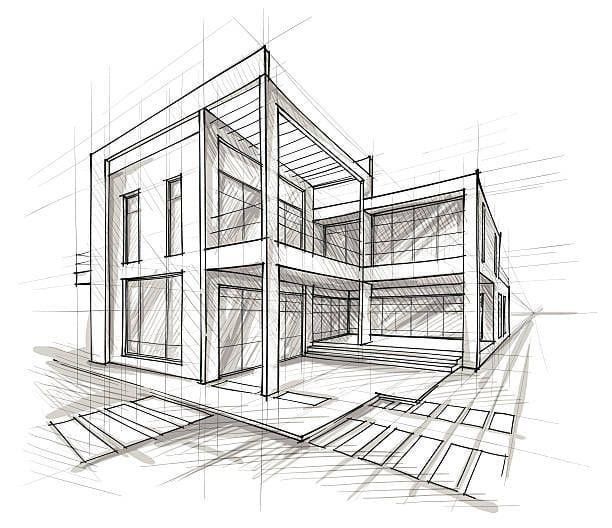
A Beginner’s Guide to Buying Property
Purchasing your first property can feel overwhelming, but with the right knowledge and preparation, you can navigate the process with confidence. This guide breaks down the essential steps and considerations for first-time property buyers.
Start with Financial Preparation
Before you even begin looking at properties, get your finances in order:
-
Check your credit score: Lenders use this to determine your loan eligibility and interest rates. Request your credit report and address any issues.
-
Save for a down payment: Aim for at least 20% of the purchase price to avoid private mortgage insurance (PMI), though many loans allow for lower down payments.
-
Budget for additional costs: Besides the down payment, prepare for closing costs (typically 2-5% of the loan amount), home inspections, moving expenses, and immediate repairs or renovations.
-
Get pre-approved for a mortgage: This shows sellers you’re serious and gives you a clear price range. Shop around for the best rates and terms.
Define Your Property Goals
Clarify what you’re looking for:
-
Location priorities: Consider proximity to work, schools, public transportation, and amenities.
-
Property type: Decide between a single-family home, townhouse, condo, or multi-family property based on your lifestyle and investment goals.
-
Must-haves vs. nice-to-haves: Create two lists to help prioritize features when evaluating properties.
-
Long-term plans: Consider how long you plan to stay and whether the property will meet your future needs.
Assemble Your Team
The right professionals make a significant difference:
-
Real estate agent: Find someone experienced with first-time buyers in your target area.
-
Mortgage lender: Choose one who takes time to explain options and is responsive to questions.
-
Real estate attorney: In many states, they’re essential for reviewing contracts and handling legal aspects of the transfer.
-
Home inspector: A thorough inspection can reveal critical issues before purchase.
House Hunting Effectively
Be strategic about your property search:
-
Set up alerts: Use real estate websites to notify you of new listings matching your criteria.
-
Visit properties strategically: See homes during different times of day to assess noise, traffic, and lighting.
-
Take notes and photos: Document each property to avoid confusion when comparing options later.
-
Research the neighborhood: Check crime statistics, school ratings, development plans, and property value trends.
Making an Offer
When you find “the one”:
-
Determine a reasonable offer: Your agent can help analyze comparable sales (“comps”) to decide on an appropriate price.
-
Include contingencies: These protect you if issues arise, allowing you to back out under specific circumstances (inspection problems, financing falls through, etc.).
-
Be prepared for negotiations: Most initial offers don’t get accepted outright. Decide in advance how high you’re willing to go.
-
Submit an earnest money deposit: This shows you’re serious about the purchase.
The Closing Process
Once your offer is accepted:
-
Schedule a home inspection: Hire a reputable inspector to thoroughly examine the property.
-
Negotiate repairs if needed: Based on inspection results, you may request repairs or price adjustments.
-
Secure your financing: Finalize your mortgage application and provide all required documentation.
-
Conduct a final walk-through: Verify the property’s condition hasn’t changed and any agreed-upon repairs were completed.
-
Close the deal: Review and sign the closing documents, pay closing costs, and receive the keys to your new property.
Common First-Time Buyer Mistakes to Avoid
-
Skipping pre-approval: This can lead to disappointment if you find a home you can’t actually afford.
-
Emptying savings for the down payment: Maintain an emergency fund for unexpected repairs and expenses.
-
Overlooking additional costs: Property taxes, insurance, utilities, and maintenance add significantly to monthly expenses.
-
Emotional decision-making: Don’t let perfect aesthetics blind you to structural problems or budget constraints.
-
Rushing the process: Take time to find the right property rather than settling out of fear of missing out.
Building Long-Term Value
Think about your property as both a home and an investment:
-
Understand tax benefits: Learn about deductions for mortgage interest, property taxes, and certain home improvements.
-
Plan for maintenance: Budget 1-3% of your home’s value annually for upkeep and repairs.
-
Consider future resale value: Even if you plan to stay long-term, make improvements that will appeal to future buyers.
Buying your first property is a significant milestone that requires careful planning and consideration. By following these guidelines and working with knowledgeable professionals, you’ll be well-equipped to make informed decisions throughout the process. Remember that patience is key—finding and purchasing the right property takes time, but the reward of homeownership is worth the effort.












4 comments